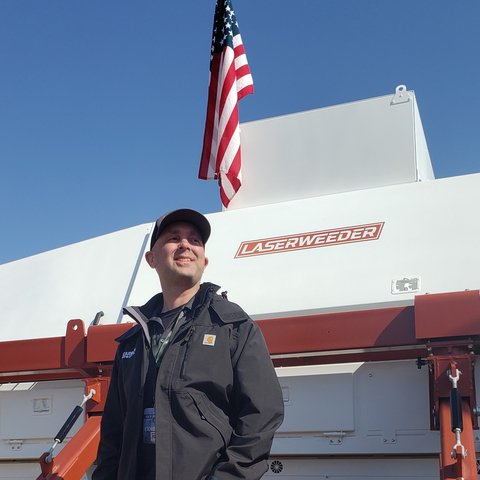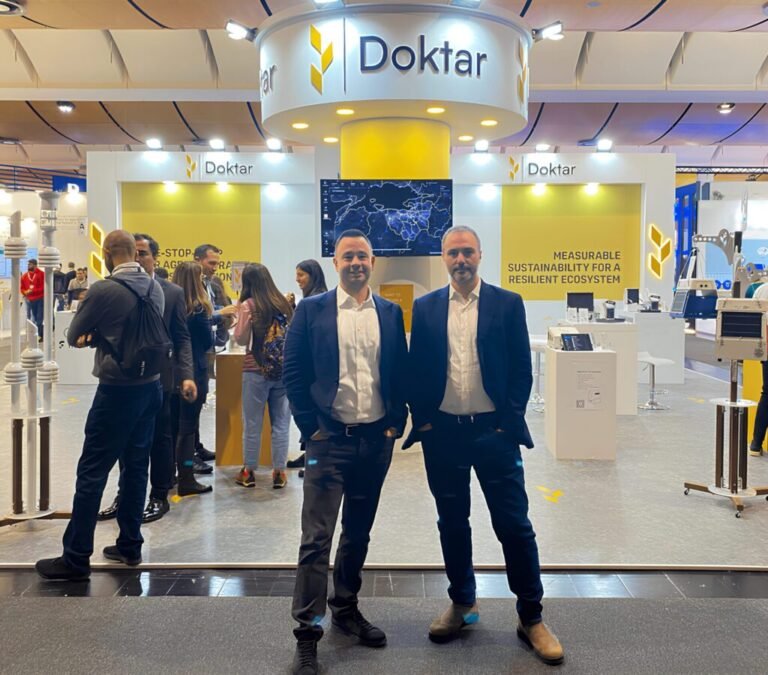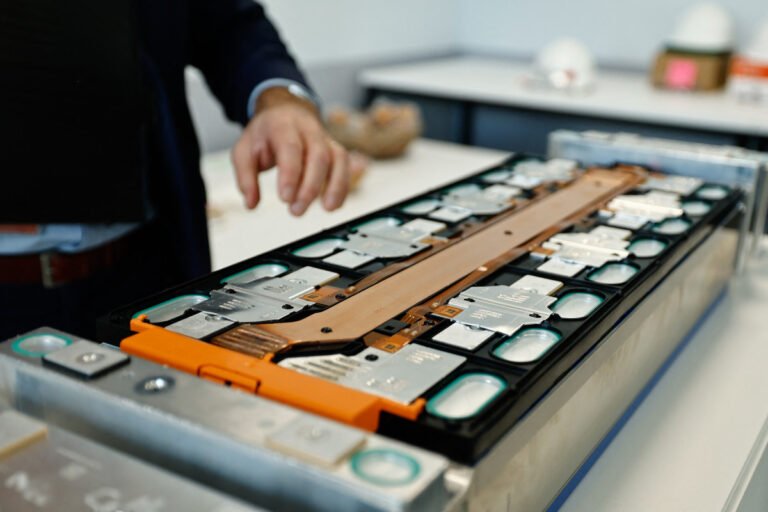Founded in Vienna in 2021, Arkeon is one of a small, but high-profile group of startups attempting to decouple protein production from agricultural land via gas fermentation, using gases instead of purified sugars to feed microbes. Four years later, it has filed for insolvency. So what went wrong?
One industry source familiar with Arkeon’s tech cited the challenging funding environment coupled with “uncertainties surrounding the consistent and affordable supply of necessary input gases, and an underdeveloped strategy for effectively entering the product market.”
Other commentators said the firm presented too many risks to investors at once.
Laura Turner, former principal at Agronomics, which invested in fellow gas fermentation startup Solar Foods, suggested that Arkeon “attempted to stack too many high-risk elements at once. It had an extremophile platform, novel downstream processing, and an unfamiliar product category. That level of complexity makes the story much harder to sell to investors, customers, and partners, particularly in today’s funding climate.”
Ultimately, said Turner, success in this space “depends far more on execution than on scientific novelty. And there is no sustainability premium; you must lead with a killer product. The companies that win in synthetic biology are those who anchor their platform around a unique product with real market demand and then build the bioprocess around it.”
Against this backdrop, AgFunderNews (AFN) caught up with Arkeon cofounder Dr. Gregor Tegl (GT) to get his take on what went wrong.
AFN: Tell us what led up to the decision to file for insolvency
GT: We started fundraising in 2024 very successfully and had a first closing scheduled. We were preparing the investment documents and had a sudden dropout overnight, which came as a surprise to everyone in the syndicate. And if one investor drops out, everyone else gets nervous. “Could this investor know more than the others?” And that definitely was a dynamic that was not serving us well.
So that caused a lot of turmoil. We reduced team size and reduced our opex, but in the end, we couldn’t convince enough investors to close a full round. And then the decision, ultimately, of the founders was that we had to close down the business, that it was the most responsible thing for all of our stakeholders.
AFN: What products were you focusing on and did that change over time?
GT: Initially we were focusing on [wild type microbes that produced] mixtures of amino acids as potential replacements for whole plant proteins that come with off flavors and functionalities you don’t want to see in the end product.
But we then pivoted to the production of single amino acids using genetically engineered microbes because the batch-to-batch variations of producing the multiple aminos were a bit too high.
We ultimately decided that it was not worth the risk spending a lot of money on the regulatory approval process and then not hitting the specs needed. So we decided to focus on single amino acids. We had also had a breakthrough in our genetic engineering toolbox that allowed us to really efficiently produce single amino acids.
So the [new pitch was that] Arkeon had upstream gas fermentation technology that could replace incumbent [sugar-based] fermentation processes for amino acids.
It was a strategic move that was necessary but was not perfectly in line with some of the JDAs that we had established with large industry players, so that also set us back.
We were getting very close to very big deals with large players in the aminos fermentation space, but they ultimately didn’t materialize in time… we just simply ran out of time.
AFN: How much progress had you made?
GT: We had established a pilot plant that was working very well. But we were raising for a demo-scale facility to validate the technology at larger scale.
AFN: How challenging is the issue of securing clean, affordable sources of hydrogen?
GT: Everyone pitching gas fermentation involving hydrogen in the early days was talking about green hydrogen [made via electrolysis], which was important back in 2021 when sustainability was still really high up the agenda. I think now, sustainability is not really up there anymore, and green hydrogen supply is a big issue, especially in Europe.
So we were planning to start with grey hydrogen [produced from natural gas or methane through steam methane reforming] because the availability is generally there, it hits the price points needed in our techno-economic analysis, and then you can always transition over time to green hydrogen.
AFN: Do you still believe that gas fermentation for protein production is viable?
GT: Yes, you’re decoupling protein production from agricultural land and you can tap into feedstocks that are abundant as hell, so I believe that gas fermentation will become established over the years just as sugar fermentation did 50, 60, years ago.
It’s also less prone to contamination [which means extended production campaigns, saving money] as you are creating conditions that are not very sexy for most microbes [other than the host microorganism].
If you ferment in a saltwater broth and you’re just feeding hydrogen and CO2 [into the bioreactor], you have no organic compounds in your initial broth and there’s very low risk [of contamination]. In fact, we could run a fermentation even without sterilization. We did continuous runs lasting a few months and we still had monocultures.
AFN: Could you match existing amino acid production processes on price at scale?
GT: That’s definitely what our techno economic analysis showed.
AFN: But given all of these factors, why were investors wary?
GT: In the last 5-10 years, I think we all got hooked on technologies to produce new things, but we forgot a little bit about the customer.
But ultimately for us it was mixture of things, from minor issues among the founder team and the fact we had pivoted from the mixed aminos to the single aminos, to the long lead times.
Time to market is always an issue if you have a new deep tech technology that needs development time and regulatory approval. And the risk for gas fermentation is definitely higher compared to mycelium fermentation that has already been done at industrial scale.
It’s hard to keep up the FOMO [fear of missing out] and excitement for investors as fundraising lead times get longer and longer.
Further reading
Gas fermentation: the future of sustainable protein, or hot air? In conversation with Aerbio
Unibio CEO: ‘We have the most efficient reactor design for gas fermentation’
Can gas fermentation deliver on its green promise for food and feed? In conversation with Calysta
The post Arkeon CEO delivers postmortem on ‘protein from air’ startup: ‘We just simply ran out of time’ appeared first on AgFunderNews.






